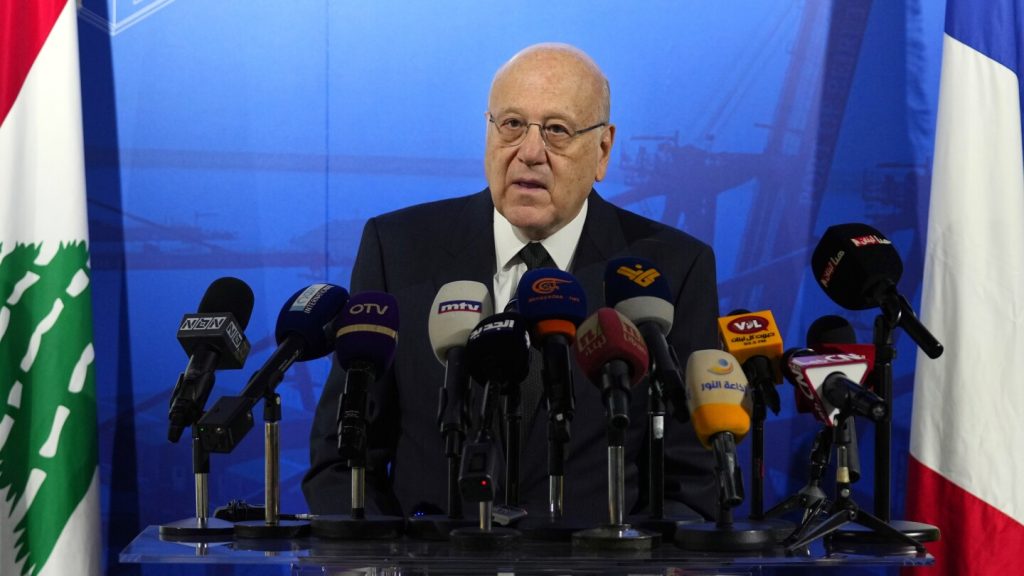Mikati’s tenure as prime minister has been marked by ongoing economic and political challenges, including a financial crisis that has severely impacted the country. Lebanon is facing one of its worst economic crises in decades, with soaring inflation, widespread poverty, and a collapse of the currency. The country is also grappling with political instability and sectarian tensions that have further exacerbated the situation.
The allegations of money laundering against Mikati come at a time when Lebanon is under increased scrutiny for its financial practices. The country has long been plagued by corruption and mismanagement, with political elites accused of embezzling public funds and engaging in illicit financial activities. The complaint filed by Sherpa and the Collective of Victims of Fraudulent and Criminal Practices is seen as a step towards holding wealthy and powerful individuals accountable for their actions.
Mikati’s response to the allegations has been to deny any wrongdoing and emphasize his commitment to transparency and integrity. In his statement, he stressed that he and his family have always adhered to the law and operated their businesses with complete transparency. However, the complaint filed in France raises questions about the origin of the funds that have passed through the French banking system and the role of financial intermediaries in facilitating the accumulation of wealth by Lebanese political figures.
The outcome of the complaint filed against Mikati remains uncertain, as French prosecutors have yet to decide whether to launch an investigation. If an investigation is launched, it could potentially shed light on the financial practices of Lebanese political elites and their connections to the French banking system. The case has attracted international attention and has further spotlighted the issue of corruption and illicit financial activities in Lebanon, as well as the role of financial intermediaries in enabling these practices.
The allegations against Mikati also raise broader questions about the accountability of political and business elites in Lebanon and their responsibility to the public. The country is facing a deepening economic crisis that has pushed many Lebanese citizens into poverty and sparked widespread protests against the ruling class. The case against Mikati could serve as a test of the country’s commitment to combating corruption and holding those in power accountable for their actions.
As Lebanon continues to grapple with economic hardship and political instability, the allegations against Mikati underscore the challenges facing the country in addressing corruption and restoring public trust. The outcome of the complaint filed in France could have significant implications for Lebanon’s future and its efforts to rebuild its economy and strengthen its institutions. It remains to be seen how the case will unfold and what impact it will have on the country’s political and economic landscape.


